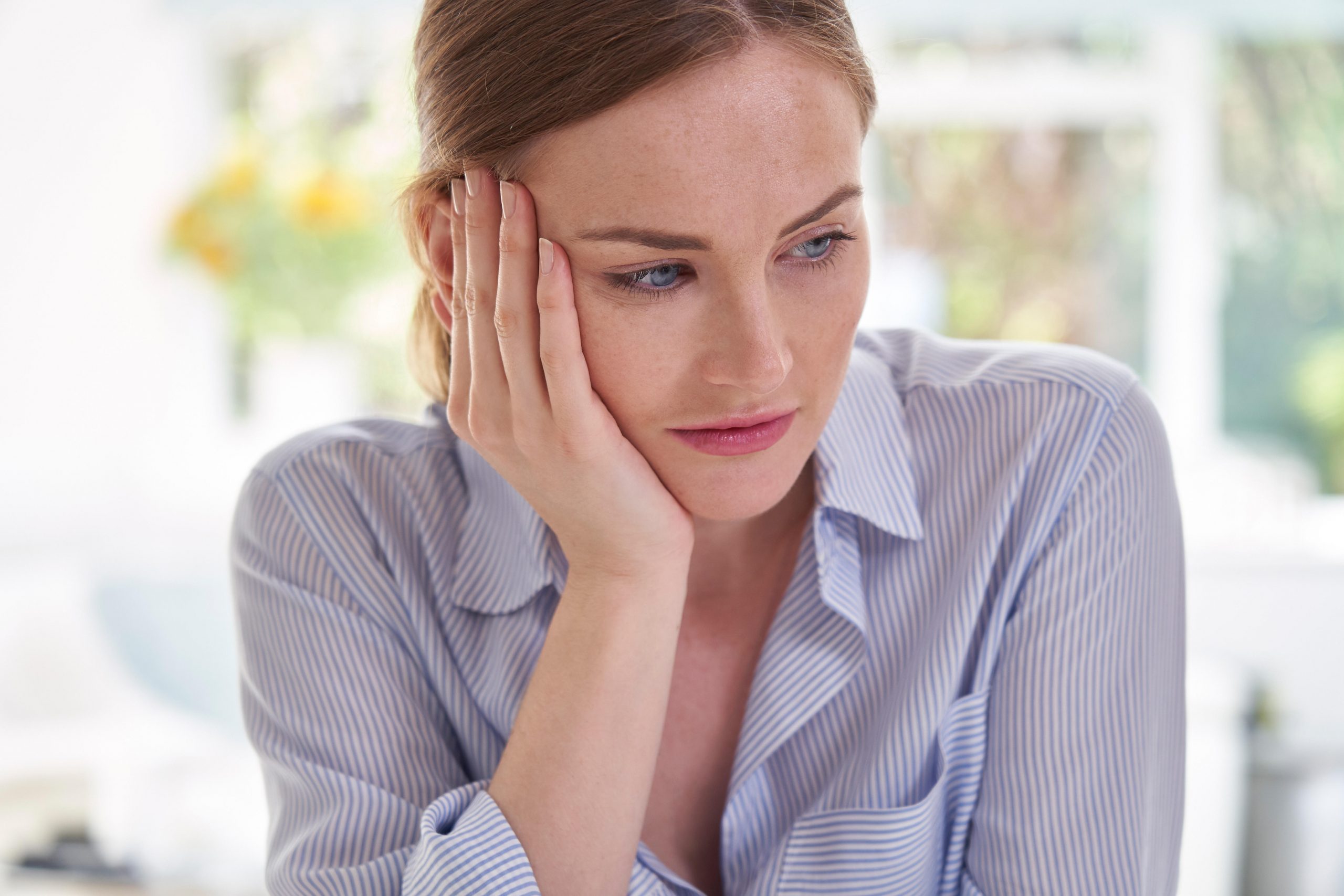Many people don’t realise the impact it can have when you suddenly withdraw from caffeine.
Believe it or not, around 85% of American adults are regular consumers of caffeine, with many indulging in it multiple times a day.
Typically, coffee is the primary source of caffeine intake.
Regardless of whether one is planning to abruptly quit coffee or simply cut down on their consumption, such actions can lead to various short and long-term effects on the body.
Learn about the dangers of consuming too much below…
The intensity of your withdrawal symptoms depends on the severity of your caffeine habit, considering that it is a drug.
To manage this, it is advisable to gradually reduce your intake of coffee and other caffeinated beverages, especially if you currently consume multiple servings daily.
Even those who only drink one cup of coffee per day may still experience withdrawal symptoms.
Although certain side effects might give you pause about quitting caffeine, it’s essential to note that most of the negative consequences are temporary and typically resolve within a few days.
Related Article: Couple Charged Almost $4,500 By Starbucks For Two Cups Of Coffee
Related Article: You Can Now Buy Your Own Slush Puppie Machine To Keep You Cool
If caffeine consumption has been negatively impacting your energy levels, sleep, digestion, or other aspects of your life, then these are compelling reasons to persevere through the initial challenges.
Caffeine is known to have a paradoxical inconsistency with headaches.
While consuming caffeine has been associated with an increased frequency of headaches, withdrawal from it can also trigger headaches.

Frequent consumption of caffeinated coffee can lead to the stiffening of blood vessels, resulting in reduced blood flow.
However, when you quit drinking coffee, the blood vessels return to their normal size, which may temporarily cause headaches.
Coffee is known for its stimulating effects not only on our brains but also on our digestive system, and researchers suggest that this connection may be related to how caffeine interacts with the gut microbiota.
So giving up caffeinated beverages might lead to some irregularity in bowel movements.
Related Article: What Happens To Your Body When You Give Up Diet Drinks?
Related Article: Starbucks Is Putting A Controversial New Ingredient In Its Drink
However, if you replace caffeine with water and incorporate a diet rich in fibre from plant-based foods like fruits, vegetables, nuts, and whole grains, there’s a good chance that you won’t encounter any major issues in this regard.
As caffeine is a stimulant, it’s quite likely that you’ll experience a temporary decline in energy for at least a few days when you decide to quit coffee or soda.
Caffeine withdrawal can lead to various side effects, such as reduced alertness, diminished activity levels, drowsiness, and a feeling of fogginess.
It’s essential to prepare yourself before quitting altogether.
Watch our Video of the Day below…
Do you have a story for us? If so, email us at [email protected]. All contact will be treated in confidence.






